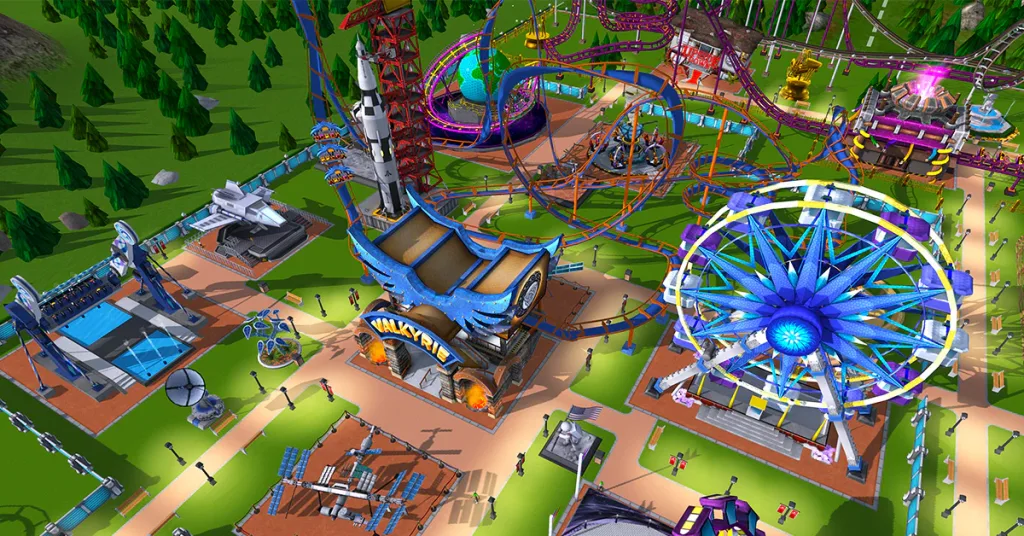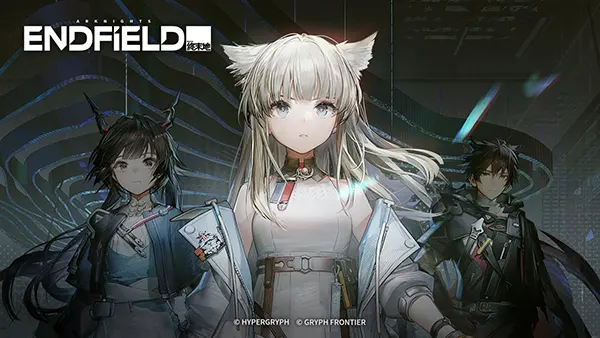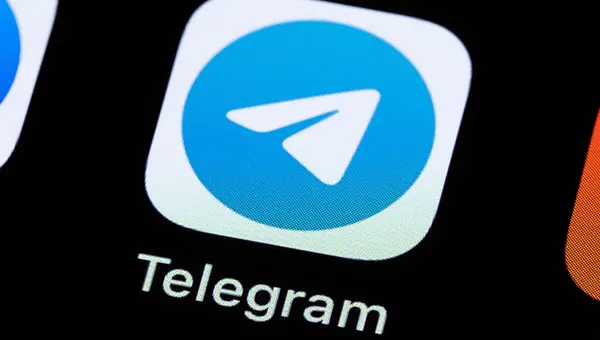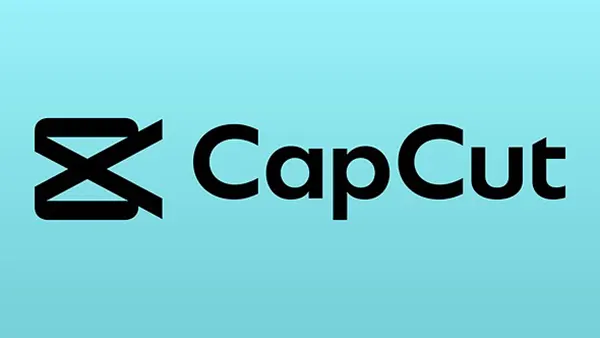RollerCoaster Tycoon Touch: Ultimate Guide for Mobile Theme Park Simulators

RollerCoaster Tycoon Touch is a mobile version of the popular rollercoaster simulation series, offering players the chance to create, manage, and develop their own theme park. Released in 2016, the game quickly gained popularity due to its combination of classic features with new innovations, allowing players to enjoy a more in-depth experience of park management right from their mobile devices. In this article, we will explore the key features of RollerCoaster Tycoon Touch, its gameplay mechanics, and the future prospects of this simulation game.
What is RollerCoaster Tycoon Touch?
RollerCoaster Tycoon Touch is a mobile version of the famous series of games that allows players to feel like theme park managers. Right from the start, players are immersed in a world where they have the opportunity to create their own theme park, build rides, organize infrastructure, and control financial flows. The game offers a mix of strategy, creativity, and management that appeals to both casual players and simulation fans.
One of the key elements that sets RollerCoaster Tycoon Touch apart from previous versions is the use of cards. All buildings, rides, and other park elements are represented as cards, which allow players to modify the landscape, add new objects, and improve the park without restrictions. This system offers a level of flexibility that was previously absent in the series, enabling users to design their park in a personalized way, free from strict space or placement limitations.
The game also includes numerous upgrades and expansions over time, ensuring fresh content for players. New rides, attractions, and customization options keep the gameplay engaging. The ability to unlock new features through progress adds to the game’s replayability. While maintaining the core mechanics of the original games, RollerCoaster Tycoon Touch adapts to the mobile gaming landscape, offering a more streamlined experience suited to smaller screens and on-the-go play.
History and Key Development Stages
RollerCoaster Tycoon was first introduced in 1999, quickly establishing itself as one of the most popular simulation franchises in gaming. However, the mobile version of RollerCoaster Tycoon marked a significant shift, bringing the brand to new audiences by adapting the game to touch-screen devices. The mobile version focuses on the same core principles of park management but tailors the experience for the modern, casual gamer. The game’s transition to mobile platforms involved numerous changes, such as the introduction of card mechanics and social media integrations, allowing players to share their creations and progress more easily.
Over time, the mobile version has seen several updates, with the introduction of new rides, improved graphics, and enhanced game mechanics. The game continues to evolve, bringing new content and features that improve the overall experience, keeping it relevant in a competitive mobile gaming market. One of the most notable changes was the integration of online features, where players can visit each other’s parks and collaborate in achieving objectives.
Gameplay and Mechanics
The gameplay in RollerCoaster Tycoon Touch revolves around the core concept of managing and expanding a theme park. The game starts with a small park that can be customized and developed by the player. Throughout the game, players must balance various aspects of park management, including designing rides, constructing paths, hiring staff, and handling the financial side of things.
One of the game’s unique aspects is its focus on the customization of the park. Players can design roller coasters, water rides, and other attractions, while simultaneously managing the logistics of the park, such as food stalls, bathrooms, and park services. Each ride has specific requirements, such as space, staff, or maintenance, which players must manage effectively to ensure that the park runs smoothly and is profitable.
Additionally, RollerCoaster Tycoon Touch introduces the concept of “cards” for each item or building. These cards represent everything in the park, from rides to decorations and infrastructure. The card-based system allows players to mix and match elements in creative ways, helping them to personalize their parks in unique ways. Players can level up their cards, improving the attributes of certain elements to make their parks more attractive and profitable.
Resource management is another key feature of the game. Players must efficiently manage resources such as money, park materials, and staff to maintain a growing park. As the park develops, players can unlock new attractions, improve existing ones, and even expand their park’s territory. Keeping an eye on finances, customer satisfaction, and staff efficiency is crucial to ensuring that the park runs successfully and continues to grow.
Effective Park Development
To successfully develop a theme park in RollerCoaster Tycoon Touch, players need to focus on several key areas. First, the design of the rides and their placement in the park is essential. The layout of the park affects not only the aesthetics but also the flow of visitors. Players must create an environment that is both engaging and practical, ensuring that visitors can easily access attractions while enjoying the visual appeal of the park.
Financial management is another crucial factor. Players need to keep a close eye on the park’s income, balancing ticket prices, concessions, and ride costs to maximize profit. At the same time, it’s important to reinvest earnings into new rides and park upgrades. Regular maintenance is necessary to avoid park closures due to faulty rides, and careful planning helps prevent financial shortfalls that could halt progress.
Another critical element is customer satisfaction. Different types of visitors have specific preferences, and managing their needs is important for keeping the park bustling with activity. Players must monitor visitor feedback, addressing any issues such as overcrowding, long wait times, or lack of amenities. Failing to meet customer expectations can lead to decreased attendance and lower revenue.

Conclusion and Future Prospects
RollerCoaster Tycoon Touch has remained a popular game among mobile users for several years. However, the gaming industry is constantly evolving, and new technologies are opening up new possibilities for mobile games. RollerCoaster Tycoon Touch has already seen significant updates, including the introduction of new rides, improved mechanics, and enhanced graphics, but the game’s future seems even more promising as the mobile gaming market continues to grow.
One major trend in mobile gaming is the integration of virtual events and multiplayer features. RollerCoaster Tycoon Touch could benefit from further expansion of its online features, such as offering live events, competitions, or challenges that connect players across the globe. Additionally, with the rise of augmented reality (AR) and virtual reality (VR), future versions of the game could include immersive experiences that bring the theme park to life in a way that was previously unimaginable.
As mobile gaming continues to evolve, there are also opportunities for the game to incorporate social features, such as collaborative park-building or competitive challenges. The ability to share progress, visit friends’ parks, and compete in global leaderboards could add a social layer to the game, enhancing player engagement. By staying in tune with these trends, RollerCoaster Tycoon Touch can continue to thrive in the competitive mobile gaming landscape.
The Future of Mobile Simulators
Games like RollerCoaster Tycoon Touch demonstrate the significant potential for mobile simulators. With the increasing popularity of mobile platforms and technologies such as augmented reality (AR) and virtual reality (VR), the future of this game could be even more exciting. Integrating new innovations, such as real-time multiplayer interaction and immersive environments, could help attract new players and enhance the overall gaming experience. It’s clear that the potential for expansion in mobile simulation games is immense, and RollerCoaster Tycoon Touch could play a leading role in this evolution.



